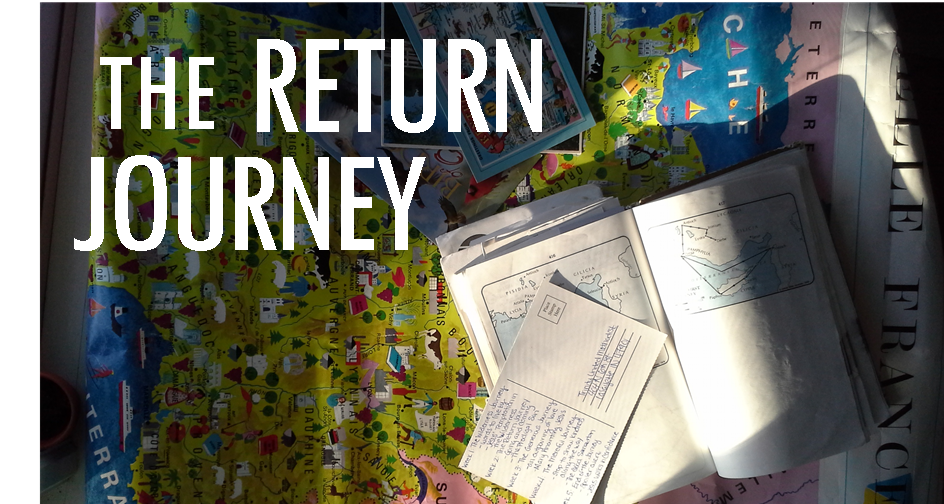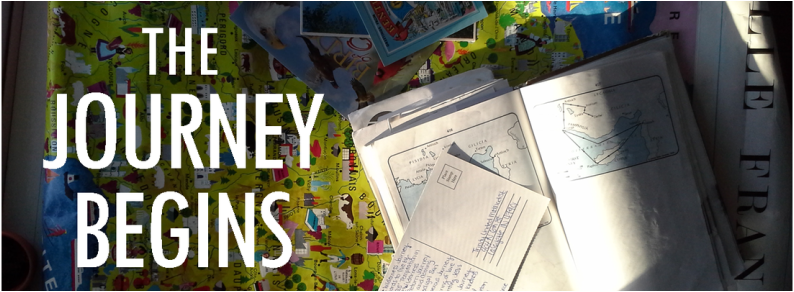|
On Sunday, January 3, three Muslim graduate and medical students visited Trinity to share their experiences as Muslim Americans. This was an effort to improve understanding and dialogue between Christians and Muslims in greater Lafayette. This group is seeking to provide opportunities for Christians to get to know their Muslim neighbors and find ways to offer them support as fellow Americans in light of current events and media rhetoric. Do you want to learn more or host an event? Email [email protected]
0 Comments
One of the best things about living in Lafayette is the proximity of Purdue University and a really awesome Veterinary Hospital. Long ago I read that sheep can get lost by grazing themselves away from the herd nibble by nibble… one blade at a time, wandering off. Wanting to confirm that with a source more reliable than the internet, I verified that info. It is true. As a matter of fact, Caribou have been known to starve because they come to a cliff or a body of water that is impassible and, having exhausted all there is to graze upon around them, they don’t know how to find their way back to where they started.
The prophet Isaiah says “All we like sheep have gone astray…”[i] Certainly the prodigal son went astray. Life must have been pretty sweet living with his father. All of his needs were provided for. But he went off looking for greener pasture, so to speak. He went to a foreign land just looking to have fun and living for the moment. But when he ran out of cash, a severe famine happened in that land and he must have been a little like that hungry caribou at the edge of the cliff. If our lives as Christian disciples are viewed as a journey, it’s clear that many of us go off course from time to time. We don’t necessarily blow it for ourselves as badly as the prodigal son did. But we do find ourselves in a place we don’t want to be. We find ourselves hungry for something more. We feel alone. Fortunately, like the prodigal son, we are able to process our options more effectively than the sheep and the caribou. We can weigh out our options and know that no matter what we’ve done or how far we’ve strayed, God will always welcome us home. He is a Good Shepherd. The journey of life is hard. But we never have to walk alone. We never need to resign ourselves to feeling hungry or empty or lonely. God is there for us reassuring us that – no matter what we might think of ourselves – we are always precious children in the eyes of God. [i] Isaiah 53:6a Read Genesis 2:15-17; 3:1-6 and Luke 4:1-4
The story is told of a man who went on a diet. He was so committed; he even changed the route of his morning commute so as to avoid driving by his favorite bakery. Then, one morning, he showed up at work with a giant coffee cake. His co-workers questioned him and he replied, “This is a special coffee cake. This morning, when I drove by the bakery, it was in the window. So, I prayed, ‘God, if it is your will for me to eat that coffee cake, let there be a parking space open right in front.’ And, sure enough; the sixth time around the block, there it was.” When we hear the word temptation, we often think of situations that present us with opportunities to indulge in decadent, immoral or inappropriate behaviors; opportunities that threaten to undo our individual will power or self-restraint. Many view the custom of “giving up something for Lent” as an opportunity to strengthen individual will power. But spiritual temptation involves far more than our will power or self-restraint. Ultimately, it reveals how much we trust God and his Word. In the gospel of Luke, the story of Jesus’ temptation is immediately preceded by two important sections of scripture. In Luke 3:21-22, we read that Jesus is baptized and a voice from heaven says, “You are my Son….” Then, we have a narrative interlude that consists of a genealogy (see Luke 3:23-38). It is a genealogy that works its way backward from Jesus to the very first man, Adam. Adam, too, the gospel writer tells us was a “son of God.” As Genesis, chapters 2 and 3 reveal, the first man and woman were also tempted; tempted to eat from a forbidden tree. In a garden filled with food, God had announced one tree as being off limits. But the interaction with the serpent causes the woman – and subsequently the man – to question God’s Word. The serpent plants the seed of doubt that God is holding back on them. What was once a healthy boundary becomes a dubious barrier. The man and woman fail to trust in the Word of God. However, in Luke, chapter 4, Jesus resists the devil’s test. His response in verse 4 is a portion of a verse from the Old Testament book of Deuteronomy, chapter 8, verse 3, which concludes: “one does not live by bread alone, but by every word that comes from the mouth of the Lord.” The writer of Luke reminds us that Adam, also, was a son of God; but a son who failed to trust God’s Word. Jesus lives according to God’s Word and God’s will. Even better still, when we place our trust in Jesus as our Lord and Savior, his Holy Spirit makes a home within us and changes us from the inside out. We, too, learn to live from a place of trust, rather than fear and anxiety. The apostle Paul tells us that, by trusting in Jesus and receiving his Spirit, we can “walk in newness of life” (Romans 6:4). Is there an area of your life where you are being tested? Are you wrestling with doubt, uncertainty, or fear? Pray now and ask God to place his Holy Spirit in you so that today you may walk in trust and obedience and experience God’s peace. Amen. Did you miss Sunday's Sermon? Read it here. |
Trinity VoicesSee what people are saying about Trinity. Read and watch testimonies. Categories
All
Archives
December 2020
|
Trinity United Methodist Church
Growing in love and service through relationships with God and community
|
Connect with Us:
|
|


 RSS Feed
RSS Feed





